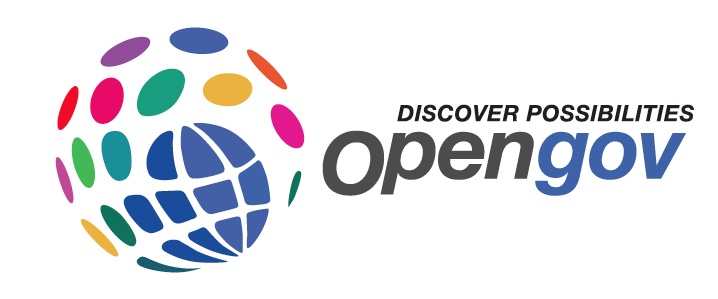Earlier this week I interviewed Vivek Kundra, the former US Chief Information Officer and now Salesforce executive, on innovation, technology and government with some of the Australian business perspectives run as a story in Business Spectator.
Something that stood out for me from the interview were Vivek’s views on the effects of governments making both innovations and information freely available.
“Two policy decisions that transformed the future of civilisation – GPS opening and human genome project through the Bermuda Principles.”
While it’s probably too early to draw conclusions on how the opening of the human genome data will change business, it’s certainly true the Global Positioning System has allowed whole new industries to evolve and it’s an important lesson on making technology available to the masses.
The Global Positioning System was, like the internet, a US military technology developed during the Cold War with the Soviet Union.
After Korean Airlines flight 007 was shot down by Soviet fighters in 1983, President Reagan approved civilian use of the GPS – then named Navstar – to prevent similar tragedies.
Such a decision was controversial, this was military technology being given over to the general population which could be used by enemy forces as well as airlines and truck drivers.
No doubt if the GPS technology was developed in the UK or Australia, there would have been demands to monetize the service. It almost certainly would have been sold off to a merchant bank that would have charged for the service and stunted its adoption.
By making GPS freely available, the US gained a competitive advantage which maintains the nation’s technological and economic lead over the rest of the world.
This openness isn’t just an advantage for technology companies. While US governments are no means perfect, the relatively open nature of local, state and Federal administrations is an advantage for the United States economy and society. As Vivek says,
Making data available provides three concrete functions; it allows citizens to fight corruption, it allows you to build the next billion dollar companies and it transforms government functions by breaking down silos.
When the default position of government is to classify everything as secret or ‘commercial-in-confidence’, there’s little chance of an entrepreneurial culture growing in that society – instead you have a business culture that favours connected insiders who can trade off their privileged contacts within government.
A culture of closed government reflects the business culture of a society and the reluctance of both the private and public sectors to openly share knowledge is why countries like Britain and Australia will struggle to emulate the United States.

Leave a Reply